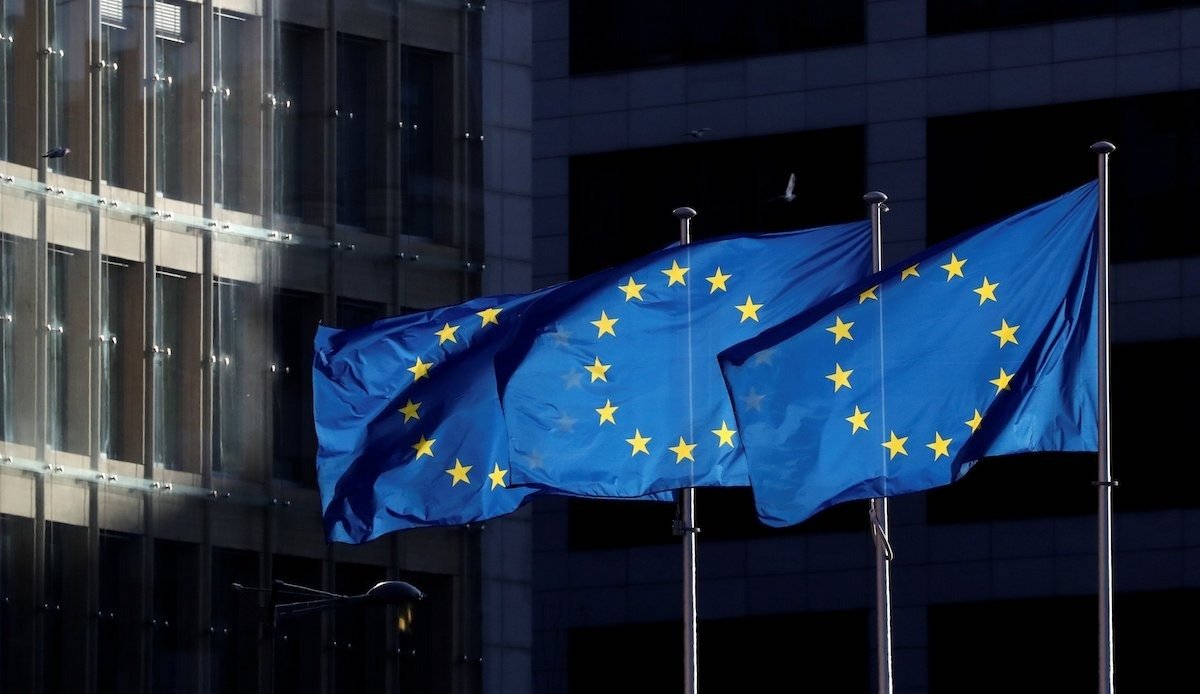A European Parliament committee has advanced an agreement between member states on the Digital Markets Act, which if passed as it presently stands, will force Apple and others to open up otherwise restricted app stores, hardware features, and more.
On Monday, The EU Parliament's Internal Market Committee approved the provisionally reached agreement with 43 votes in favor, one vote against, and one abstention, the legislative body has announced. The approval marks another crucial step toward the DMA becoming law in Europe.
"Today's overwhelming majority shows that the Parliament stands united against the unfair practices of gatekeepers," said Andreas Schwab, who led negotiations. "This is the penultimate step for the DMA to enter into force - for me, it has always been important to fast-track this law while making it better."
The Digital Markets Act and the Digital Services Act will place a bevy of restrictions on so-called "gatekeeper" companies like Apple and Google.
For example, the rules could force Apple to allow third-party app stores on its platforms, make iMessage interoperable with other communication apps, and end self-preferencing of first-party apps within marketplaces.
Futhermore, it requires the companies to open up NFC communications, features like ultrawide broadband implementations, and other specific hardware features tied to an integrated ecosystem. Both software and hardware are under the gun for opening to others to use.
The rules will come with strict penalties for noncompliance. The European Commission can levy fines of up to 10% of a company's global revenue from the proceeding financial year. Those fines can reach up to 20% in cases of repeated violations.
Both the DMA and the DSA are slated to go before Parliament for a final vote in July. Once that happens, they will be formally adopted by the Council and published into the EU Official Journal.
DMA regulations could go into effect 20 days after the publication, and its provisions will begin to apply to businesses six months afterward.
 Mike Peterson
Mike Peterson








 Christine McKee
Christine McKee
 Malcolm Owen
Malcolm Owen

 Charles Martin
Charles Martin


 Mike Wuerthele
Mike Wuerthele



-m.jpg)






98 Comments
EU is a dictatorship, plain and simple. At this point Apple needs to seriously tell the EU to GTH. The US needs to triple import duties on EU goods effectively shutting the EU down. The US should also reduce exports to the EU and cut off any financial support.
Even if this happens Apple will not have to make it easy for others to “interoperate” with iMessage for example, and Apple can soon make the experience much nicer on their hardware anyway.
Even if a non-Apple app-store is made available on iOS it will be crippled to some extent and almost nobody will use it regardless.
I predict that in a few years when this is history we’ll look back and wonder what all the fuss was and what the EU has achieved.
Then on top of that people expect Apple to largely stop “selling” iPhones and move to a hire/rental model - to further solidify tie-in to the platform. Personally I buy devices outright, but I’d pay for an Apple hire if the price was right.
Oh and iMessage going cross-platform might just kill the pricacy/security nightmare that is WhatsApp = silver lining.